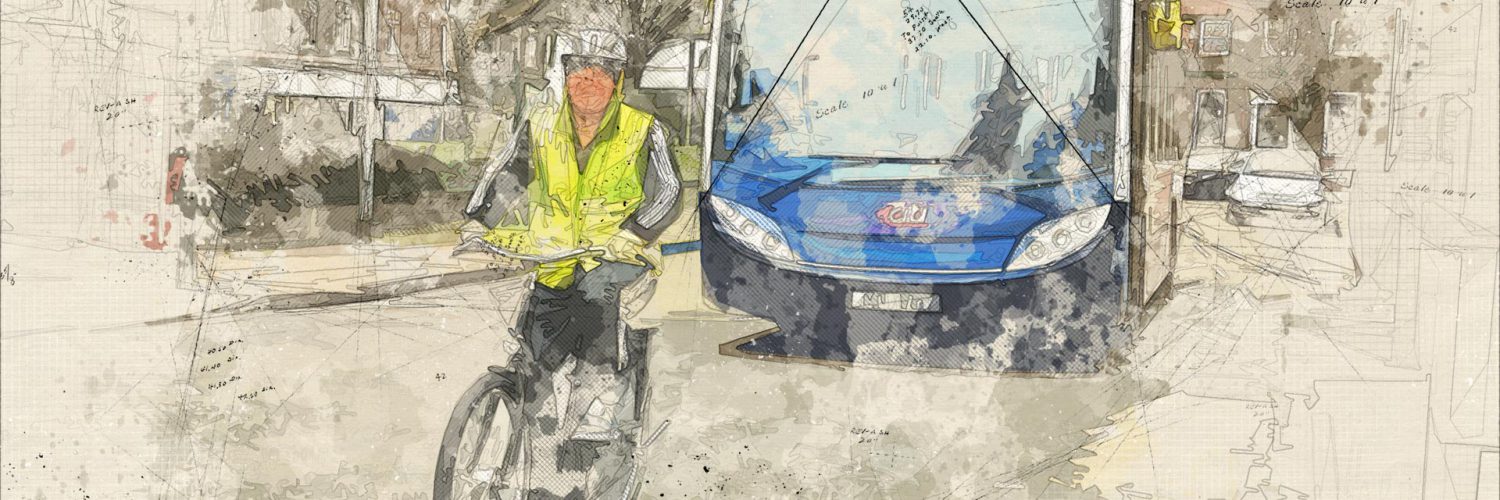The Dutch are well-known for their high-quality cycleways. They also do a very good job of running public transport.
First, they have OV-chipkaart, a national smart card that lets you tap-and-go on just about any train, bus or tram in the entire country. Very little time is wasted at bus or tram stops because people can exit and board via multiple doors. Routes connect at stations or stops in a network, making transfers quick and painless. Fares are kept at a reasonable level to encourage widespread usage. Routes are planned in a joined-up way to enable all types of people get about their daily lives.
Contrast that with public transport in Cambridge.
Here, you must pay a premium for a ticket valid on both Stagecoach and Whippet buses. Few people buy them. Railway companies have their own separate ticketing, with some limited bus integration. You can’t use contactless payment or a universal (Oyster-style) smart card. Unless you pay up front for season tickets, fares are so expensive that even those people willing to put up with the delays are turned off.
Both bus companies mainly operate single-door buses so time is wasted as people wait for others to exit the bus before they can begin the slow process of paying one-by-one. All the routes are aimed at the city centre because a network of cross-town routes requires a degree of joined-up planning that we’ve never had. Routes converge on 26 bus bays scattered around the centre. Good luck figuring out how to make a connection as there’s no consistent signage or logic to the arrangement.
Mayor Palmer and the Combined Authority now have the power to change the way public transport works in Cambridgeshire and Peterborough. We could adopt a system similar to Transport for London where connections between buses and rail are easy, the planning is done in the public interest, and the ticketing and the fares are set up to be painless and affordable. If we want to see a shift towards more public transport usage then this is the way we must go.
This article was first published in the Cambridge Independent on 17 May 2017.



Add comment